SUMMARY
This is AI generated summarization, which may have errors. For context, always refer to the full article.
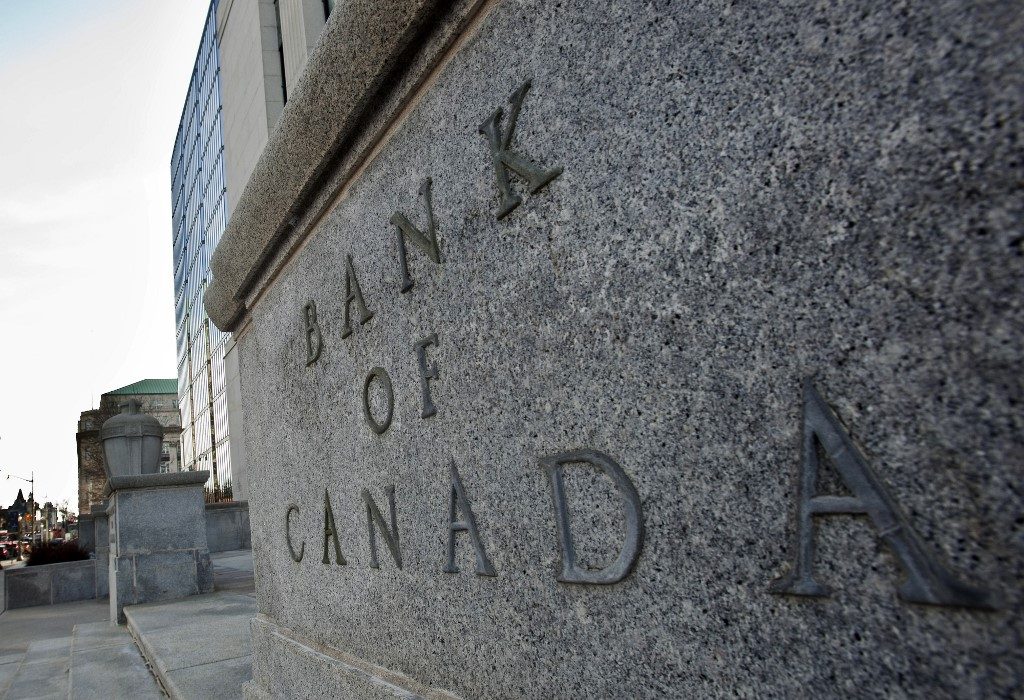
The Bank of Canada on Wednesday, December 9, held its key lending rate at 0.25%, saying world economies were sharply rebounding from a record plunge, but warned that a second wave of COVID-19 could set back recoveries.
The central bank said the rollout of vaccines – the first doses were given out in Britain on Tuesday, December 8 – “is providing reassurance that the pandemic will end and more normal activities will resume.”
But, it added, in the “near term, new waves of infections are expected to set back recoveries in many parts of the world.”
The bank noted that accommodative policy – low interest rates to stimulate economic growth – and government emergency aid continued to provide supports while strong demand pushed up commodity prices, including oil.
Canada, it said, also continues to recoup jobs that were lost at the start of the pandemic, albeit at a slower pace.
Economic momentum heading into the 4th quarter appeared stronger than the bank forecast in October, but record high cases of COVID-19 in several parts of Canada have forced public health officials to reintroduce pandemic restrictions in recent weeks.
“This can be expected to weigh on growth in the 1st quarter of 2021 and contribute to a choppy trajectory until a vaccine is widely available,” the bank said.
Ottawa has concluded pre-orders with several pharmaceutical companies – including AstraZeneca, Pfizer and BioNTech, Sanofi and GSK, Novavax, Johnson & Johnson, Medicago, and Moderna – for 400 million doses, to ensure it eventually gets what it needs for its population of 38 million.
On Monday, December 7, Prime Minister Justin Trudeau announced that the Pfizer vaccine would be delivered this month, with the first inoculations to start as early as next week.
Another vaccine candidate developed by Moderna could also be shipped “as soon as December,” the American company said.
Most Canadians, Trudeau said, are expected to be vaccinated by September 2021.
Inflation, meanwhile, has picked up to 0.7% on higher prices for fruits and vegetables.
But the bank said “considerable economic slack” is likely to continue weighing on inflation “for some time.”
As such, the bank does not expect to raise interest rates until 2023 once the slack is absorbed and its 2% inflation target is “sustainably achieved.” – Rappler.com
Add a comment
How does this make you feel?



![[OPINION] Limited intake of international students: Is Canada knee-capping its future?](https://www.rappler.com/tachyon/2024/02/tl-canada-forgeign-student-cap-02232024-2.jpg?resize=257%2C257&crop_strategy=attention)
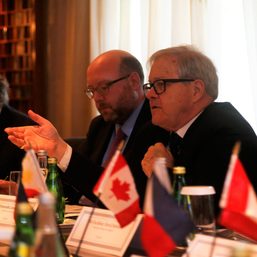
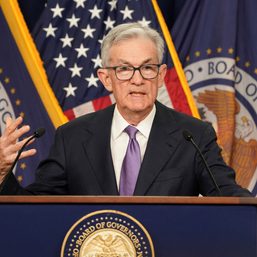
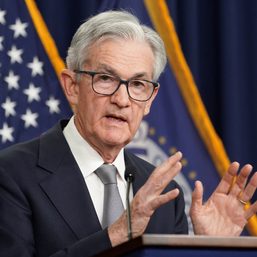
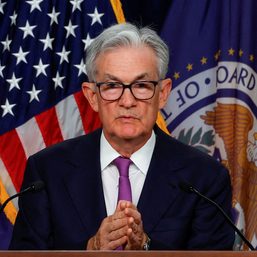
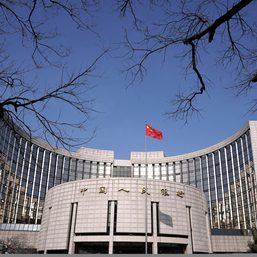



![[Time Trowel] Evolution and the sneakiness of COVID](https://www.rappler.com/tachyon/2024/02/tl-evolution-covid.jpg?resize=257%2C257&crop=455px%2C0px%2C1080px%2C1080px)


There are no comments yet. Add your comment to start the conversation.